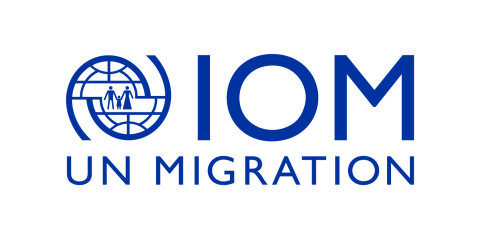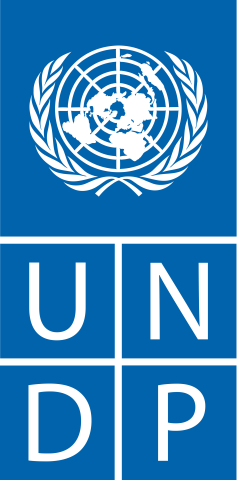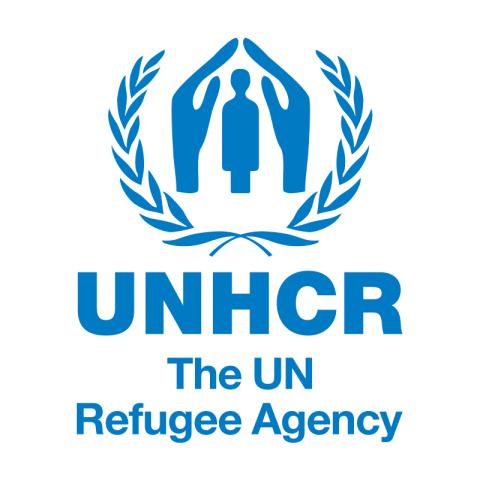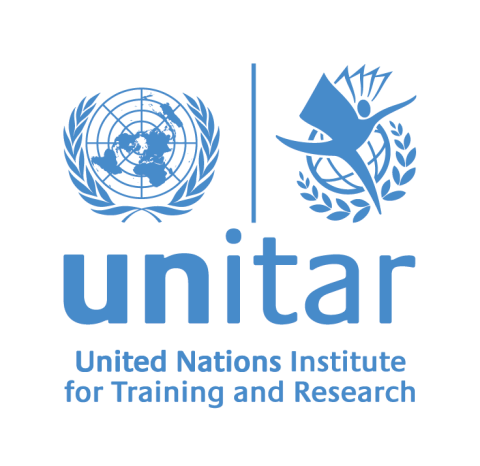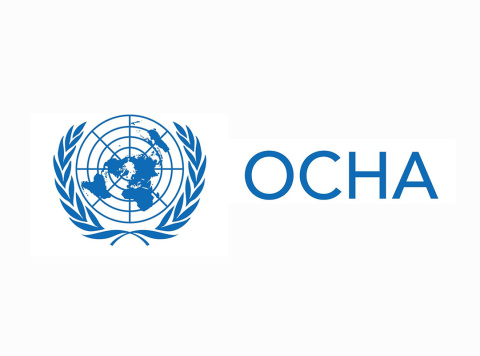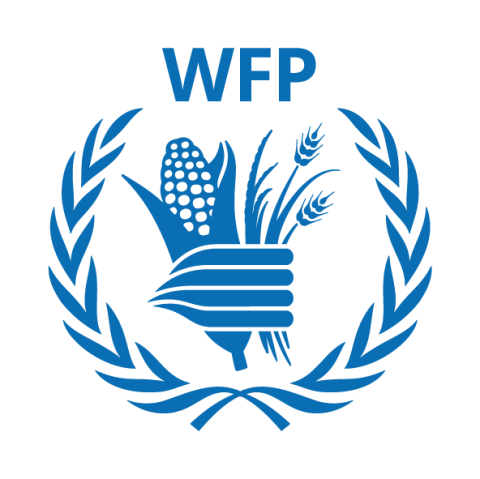
Breadcrumb
Who is in need of humanitarian assistance and why?
299.4 million people
were in need of humanitarian assistance by the end of 2023 - 30 million more than at the beginning of the year.
Main drivers of the need for assistance
Conflict: the world is experiencing more conflicts, which are more entrenched, with devastating consequences for civilians.
The global climate emergency: the climate crisis is spiraling, leaving a trail of destruction in its path.
Economic factors: economic dynamics are overlapping with conflict, climate disasters, infectious disease outbreaks and others, as a significant driver of humanitarian need.
Humanitarian "hot spots"
| Afghanistan | 30.6 million people in need |
| Syria | 32.5 million people in need |
| Sudan | 30 million people in need |
| Ukraine | 16.8 million people in need |
| Venezuela | 15.9 million people in need |
Coordinating the global emergency response
The responsibility to deliver humanitarian aid lies primarily with the following UN entities which form the Inter-Agency Standing Committee, a coordination forum between UN agencies and international NGOs.
UN organizations participating in the Inter-Agency Standing Committee
- Food and Agriculture Organization of the United Nations (FAO)
- International Organization for Migration (IOM, headquartered in Geneva)
- Office of the High Commissioner of Human Rights (OHCHR, headquartered in Geneva)
- United Nations Development Programme (UNDP)
- United Nations Entity for Gender Equality and Empowerment of Women (UN Women)
- United Nations Human Settlements Programme (UN-Habitat)
- United Nations Refugee Agency (UNHCR, headquartered in Geneva)
- United Nations Children's Fund (UNICEF)
- United Nations Office for the Coordination of Humanitarian Affairs (UNOCHA)
- World Food Programme (WFP)
- United Nations Population Fund (UNFPA)
- World Health Organization (WHO, headquartered in Geneva)
Chair of the Committee is the United Nations Office for the Coordination of Humanitarian Affairs (OCHA). The Office has the overall responsibility for bringing together humanitarian actors to ensure a coherent response to emergencies. OCHA is part of the UN Secretariat and, aside from its headquarters in New York, it has five regional offices and 30 country offices around the world, including a large presence inside the Palais des Nations in Geneva.
Humanitarian clusters
On the country level, OCHA coordinates the humanitarian cluster system during a crisis. A cluster includes all organizations (UN entities and NGOs) working in a specific field, such as nutrition, logistics, health or education. The cluster system encourages close cooperation between the organizations focusing on the same thematic area. Communication between the clusters ensures that all sectors complement each other and that funds are used where they are most needed.
Funding
Sufficient funding is crucial to the international community: their ability to buy material, organize transport, and pay their personnel depends on available funding. UNOCHA, for example, receives only 5% of its operational funds through the regular UN budget, leaving 95% to be covered by voluntary contributions from Member States and other donors.
The head of OCHA oversees the Central Emergency Response Fund which is always open to donations and available immediately when disaster strikes. Money donated to the fund can also be used to cover “forgotten disasters” in areas for which contributions raised through other channels were not sufficient. In 2023, more than 660 million US Dollar have been distributed through the Central Emergency Response Fund (close to 400 million for rapid response and more than 270 million for underfunded emergencies). Year after year, the UN witnesses an immense gap between the funding needs for humanitarian assistance and the financial reality. According to the Global Humanitarian Overview, an annual assessment of global humanitarian needs undertaken by OCHA, a whopping 46.4 billion US Dollars would be needed to support the almost 300 million people in need in 2024.
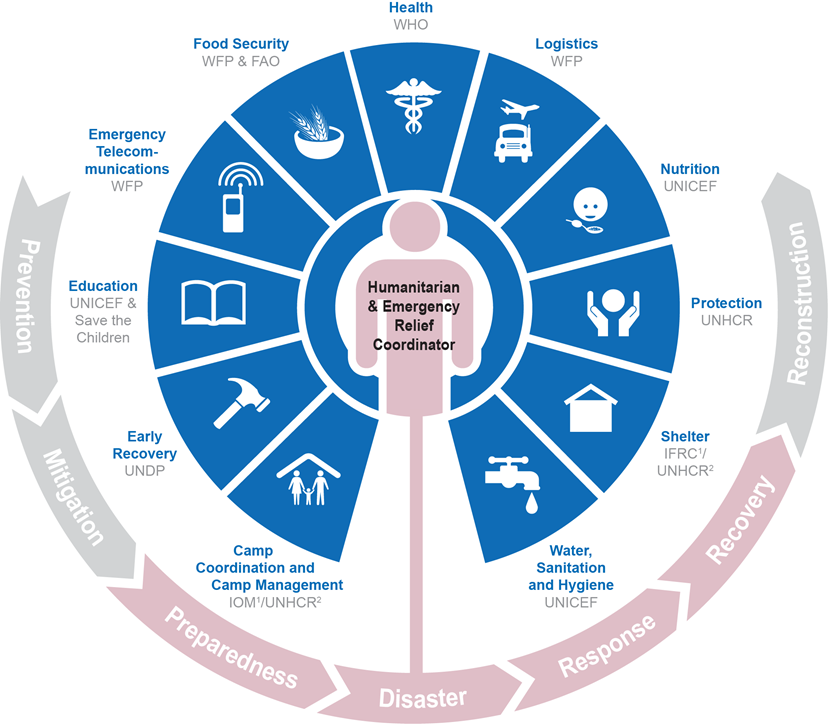
The Humanitarian Cluster System. Source: UNHCR
What kind of assistance do people need and receive?
Cash assistance
Direct cash transfers have proven to be an efficient means of helping persons in an emergency. Affected families know best what items they need, in what quantities and when. Wired through bank transfers or to mobile phones, cash assistance gives people the control to make their own consumers choices.
Protection
During an emergency, UN entities do what they can to ensure that nobody is subject to physical, mental or sexual harm and violence. This can be achieved by evacuating people in danger, building safe spaces, security measures in camps or providing support to governments to enable them protect the wellbeing and human rights of their citizens.
Food
When people lose everything, even the most basic needs are difficult to meet. The UN steps in to provide food in emergencies – immediately and consistency, until the worst is over. Organizations also supply supplements to fight malnutrition, especially for small children.
Shelter
Whether homes are destroyed or people are forced to flee: they need a shelter to stay for days, weeks, months, sometimes years to come. Although an emergency measure, minimum living standards must be met, and the accommodation must be adapted to weather conditions and to the needs of persons living here.
Health services
UN emergency health services provide trauma care after a disaster and substitute regular medical services for health centers that are no longer functional or accessible. WHO and other UN entities also provide medicines and equipment, send doctors and nurses, assess the medical needs and coordinate NGOs working in the medical field.
Education and children's wellbeing
Children have specific needs in an emergency: being able to go to school is one of them, having places to play and receiving psycho-social support are others. The UN provides these to children under distress across the globe.
Livelihoods
Oftentimes, the people worst hit by disasters are farmers. As a rapid response, the UN can provide crops and seeds, help provide water or restock an animal herd which will help sustain the farming communities. Preparing for crises is key to reducing farmers’ risks of losing their existence.
Infrastructures
Rebuilding roads, electricity lines, or airports are key requirement for further aid deliveries. These infrastructures also help people to find back to normality. The UN supports governments and coordinates international assistance.
Water, sanitation and hygiene
UNICEF provides water and sanitation services in more than 60 countries affected by conflict, natural disasters, or disease. UNICEF and other agencies deliver clean water or treat existing water reservoirs, repair or build water and sanitation systems, and provide hygiene items.
Focus: Supporting displaced people on their journey
Headquartered in Geneva, UNHCR, or the UN Refugee Agency, supports refugees, internally displaced persons, stateless communities, and people who relocate to their homes, old or new. More than 108 million people are currently forcibly displaced inside or outside of their home country. UNHCR personnel work in more than 130 countries around the world, assisting the most vulnerable victims of displacement and ensuring that governments honor the 1951 Refugee Convention.
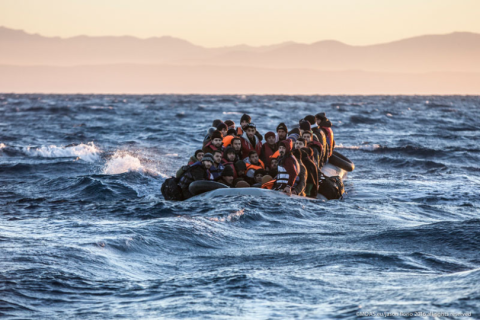
The International Organization for Migration (IOM) has a broader mandate: the orderly and humane management of migration. However, the organization is active in humanitarian emergencies to assist people who have been forced to migrate, specifically within their home country. IOM is, for example, responsible for coordination and management of camps, together with UNHCR.
How the UN helps
As a first remedy, UN entities provide the necessary items somebody needs after leaving everything behind: food, clothes, a place to sleep, soap, diapers, or toothbrushes.
In many countries, UNHCR helps government to register refugees and process their requests for asylum. The Refugee Agency also provides education, health and psychosocial support, and tries to find permanent solutions for every person. In this respect, the organization works as an advocate for everyone who was forced to flee vis-à-vis the transit and potential host countries.
Crucial assistance for Palestinian refugees
A unique role devolves on UNRWA, the United Nations Relief and Works Agency for Palestine Refugees. The entity was established in 1949 and has since then supported uprooted Palestinians. Today, 5.9 million people are eligible for UNRWA services which entail food assistance, protection, social safety, education, and medical services.
UNRWA has always been a crucial support for an entire population. Since the outbreak of war between Israel and Hamas in Gaza in October 2023, it has been the last lifeline for civilians trapped in the conflict zone.
- Refugees are people who have fled war, violence, conflict or persecution and have crossed an international border to find safety in another country.
- Internally displaced persons (IDPs) have not crossed a border to find safety. Unlike refugees, they are on the run in their home country.
- An asylum-seeker is someone whose request for sanctuary has yet to be processed. Every year, around one million people seek asylum.
- Stateless people: Today, millions of people around the world are denied a nationality. As a result, they often are not allowed to go to school, see a doctor, get a job, open a bank account, buy a house or even get married.
- The word migrant is increasingly used as an umbrella term to refer to any person who moves away from their usual place of residence, whether internally or across a border, and regardless of whether the movement is ‘forced' or voluntary.
Watch the UNHCR video series "Teaching about Refugees" to understand these different groups of people, their struggles and their rights.
Understanding the situation of displaced persons around the globe
Myanmar
Somalia
Mexico
Organizations working on humanitarian affairs
The Independent Institution is a UN entity established by the General Assembly on 29 June 2023 in response to the urgent calls for action from family members of Syria’s many thousands of missing persons to determine their fate and whereabouts. The IIMP’s founding resolution mandates it to:
- Clarify [...]
Established in 1951, IOM is the leading intergovernmental organization in the field of migration and works closely with governmental, intergovernmental and non-governmental partners. IOM works to help ensure the orderly and humane management of migration to promote international cooperation on [...]
The World Bank Group is an international financial institution whose mission is to end extreme poverty and boost shared prosperity on a livable planet. It works in every major area of development and provides a wide array of financial products and technical assistance to help countries share and [...]
UNDP is the leading United Nations organization fighting to end the injustice of poverty, inequality, and climate change. Working with a broad network of experts and partners in 170 countries, the agency helps nations to build integrated, lasting solutions for people and planet.
The UNDP Office in [...]
UNHCR, the UN Refugee Agency, is a global organization dedicated to saving lives, protecting rights and building a better future for people forced to flee their homes because of conflict and persecution. We lead international action to protect refugees, forcibly displaced communities and stateless [...]
As a dedicated training arm of the United Nations system, the United Nations Institute for Training and Research (UNITAR) provides innovative learning solutions to individuals, organizations and institutions to enhance global decision-making and support country-level action for shaping a better [...]
OCHA's mission is to mobilize and coordinate effective and principled humanitarian action in partnership with national and international actors in order to alleviate human suffering in disasters and emergencies; advocate for the rights of people in need; promote preparedness and prevention; and [...]
The United Nations World Food Programme (WFP) is the world’s largest humanitarian organization, saving lives in emergencies and using food assistance to build a pathway to peace, stability and prosperity for people recovering from conflict, disasters and the impact of climate change.
The WFP Geneva [...]


